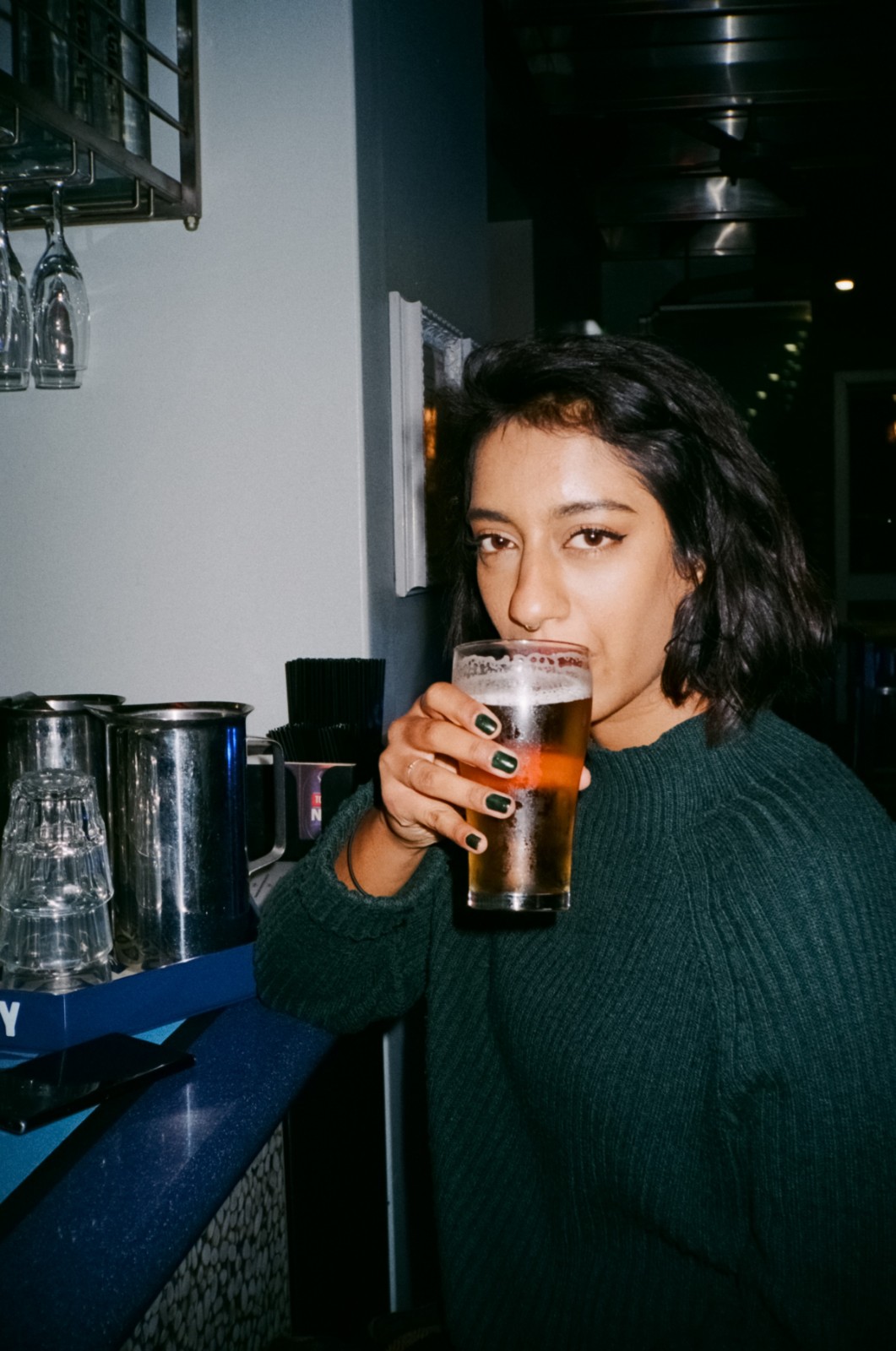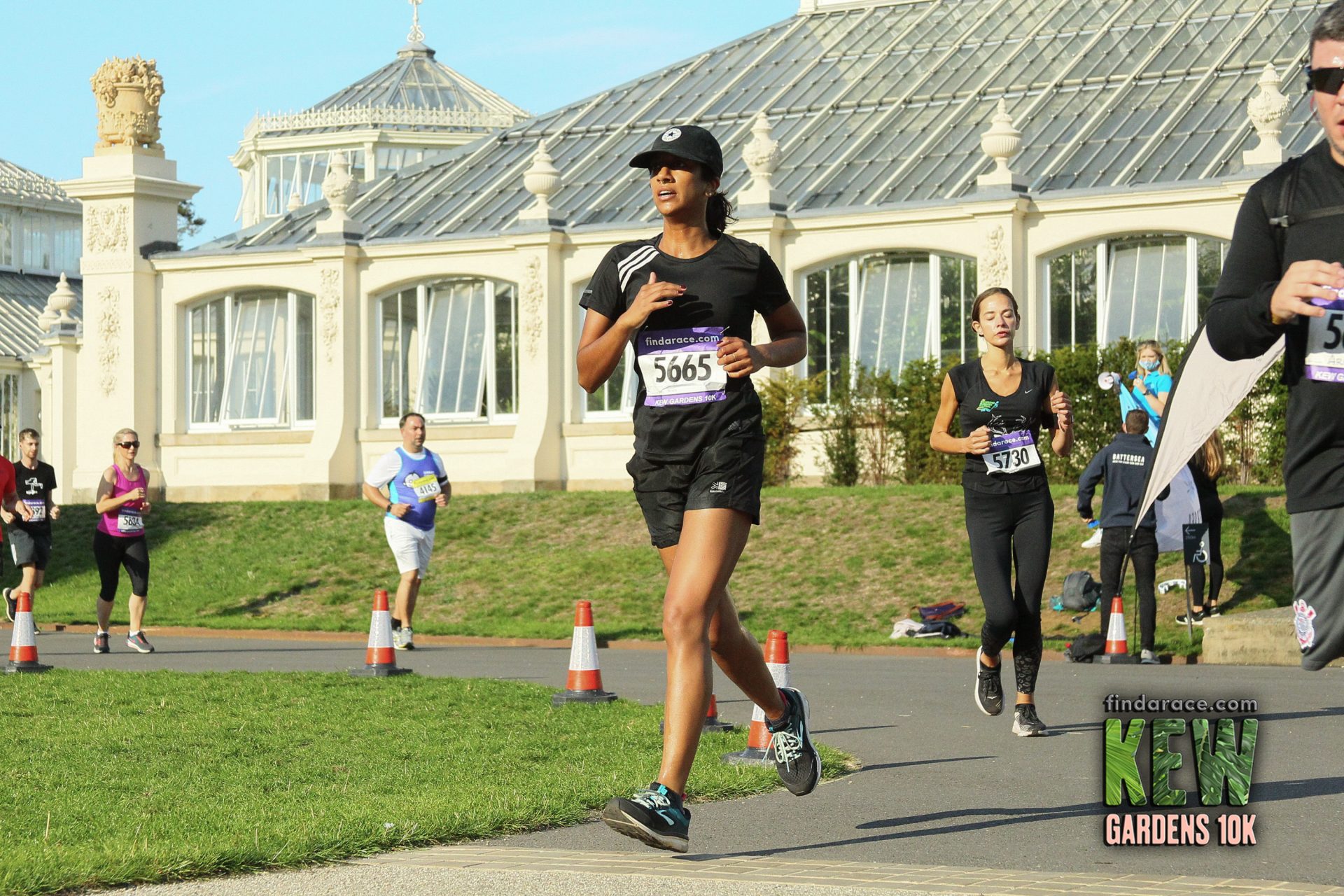Writer Nupur Trivedi questioned her relationship with alcohol during lockdown and decided to give it up for six months. Here’s what she’s gained from going sober.
If you’re at the start of a Dry January stint, you might feel as though the month is stretching long ahead of you. But as someone who went sober for six months, I’m here to encourage you to stick with it. Why? Because I know first hand just how beneficial having a booze break can be.
It’s been three years since I gave up drinking alcohol. Rewind to December 2019, and I had recently moved to the UK from Australia – and was planning on going to as many pubs and Christmas market bars as I could before starting work last January. Back then (before Covid came and changed everything), rarely a weekend went by without a night of heavy drinking with friends. Binge drinking felt normal for me because, well, everyone else was doing it too.
You may also like
We’re doing ‘try January’ rather than going sober – here’s why cutting down on alcohol can be as beneficial as quitting altogether
After a particularly awful hangover – riddled with hangxiety – I’d vow to never drink again… until the next social occasion popped up.
The drinks continued to flow into the first lockdown last year; moments of boredom were often solved by cider in the sun with my boyfriend. But at some point, things began to change. The allure of booze began to feel less enticing and the days lost to hangovers didn’t seem worth it anymore.
It was during the first lockdown that I began to question my relationship with alcohol, and many others did too. Alcohol Change UK reported a 173% increase in traffic to the ‘Get Help Now’ section of their website in the six months leading up to 23rd September, compared to the same period last year.
I realised that drinking was stopping me from doing the things that I really wanted to do with my time. That included making the most of my weekends by getting out of bed early and going for a run, seeing more of London (where I was living at the time), going for long walks in the city’s different parks and woods, and just feeling healthier all around.
So, around mid-July I decided to stop drinking. Initially, I gave myself a deadline of one month. When that anniversary passed relatively easily, I just kept going. Two-and-a-half years on, I can say it’s been a truly been a positive experience.
Benefits of going sober on running
I’ve been a runner on and off for the last eight years, going through phases of training regularly before falling off the ‘running wagon’ again. Many of the times I fell off of running was because I had had a particularly big weekend with friends, so running fell by the wayside, and it was just too hard to get back into the routine.

But I eventually decided that running was a priority for me and that I wanted to give it my all. I was tired of having to keep starting from scratch after I’d made so much progress before. I needed a clear goal to aim towards and found the Richmond Runfest Kew Gardens 10K in September 2020 – a perfect distance for me to train towards, plus an amazing way to see a part of London that I hadn’t seen before.
I had kept a running log in the form of an Excel spreadsheet since May – before I began my booze-ban. In it, I made note of the distances I had run, the pace, what I had eaten, if I had been drinking, and how the run felt. There are noticeable differences in the runs after I had been drinking. Some of the notes say “Wasn’t an easy run; didn’t have the mental power to push through” or “Was meant to do a 3 mile training run but wasn’t feeling it” – or there would simply just be big gaps in the log after a night of drinking.
My training for the upcoming 10K race involved five runs per week, plus a couple of pilates and yoga sessions in between. I couldn’t afford to miss any of these sessions because I couldn’t bear the thought of coming last in the race or not being able to finish at all.
Mental health benefits of quitting alcohol
I often think that stopping drinking was like the first Domino tile to fall. After I stopped, I was able to focus more on running and fitness, and because of that I ate much more nutritious meals – which as a result, helped me sleep much better and left me feeling more mental clarity, and less anxiety.
To say that the decision to stop drinking had a profound impact on my mental health would be an understatement. Setting goals and working towards them gave me a huge sense of achievement which made me feel so good about myself. At a time of huge uncertainty (ie being in the midst of a pandemic, being away from my family, unemployment), it was something in my life that I was able to control.
A 2018 study in the Health Psychology Open journal concluded that “a robust factor in promoting mental health recovery and wellbeing is effective goal setting”. It goes on to suggest that setting and working towards your own clearly-defined goals can help improve the outcome across a variety of illness states.

Big goals, such as finishing the Kew Gardens 10K (and with a better finishing time than what I had aimed for), made me incredibly proud of myself. But also being able to achieve the smaller daily goal of not drinking that day made me feel good about myself too. It was all feeding into each other and making me feel happier more of the time.
Not drinking has also made me feel better in short-term ways too. I no longer suffer from the dreaded ‘hangxiety’ (feeling anxious during a hangover as you recall, or try to recall, embarrassing or offensive things you might have said or done), nor do I feel guilt for spending too much money on drinks or for making food choices that I normally wouldn’t (I was a proud vegetarian, that is until I had a few drinks and would reach for a pepperoni pizza).
How to sober socialise during Dry January
I always knew the toughest part of not drinking would be being in social situations. I usually experience social anxiety and find a lot of solace in a drink to help me through it. I was afraid I wouldn’t be able to be outgoing without alcohol, or that I’d feel pressure from others and cave in easily.
Think about the times that you or a friend have attempted to tell a group that they’re not drinking. They usually have a number of insults thrown at them from the drinkers before the peer pressure starts, right? A 2019 report by Drink Aware found that 60% of drinkers surveyed said that they’ve drank more than they’ve intended to because of pressure from friends. The same report states that 21% of adults who drink admitted to having encouraged someone to drink more after they’ve said they don’t want to.
With stats like that, it’s easy to see why going into a social situation sober would be met with trepidation.
But after meeting up with a few different friendship groups sober, I found my fears to be largely unwarranted. Everyone was supportive of my decision, and one friend even told me that she was relieved I wasn’t drinking because she didn’t want to drink that day either and was afraid she’d be considered ‘boring’ if she abstained.
You may also like
The 30 best gins (and low-alcohol gins) reviewed by the Stylist team
There was a bit of pressure from some friends – especially guys – and at times I did feel like I wanted to be on the same level as others when they were tipsy, but I found that I could still loosen up and engage in conversation without the booze.
But with the recent boom in non-alcoholic beer, sober life is more accessible than ever. It’s made the transition from drinker to non-drinker so much easier for me when I’m out (and they taste good too).
I found that since I could no longer rely on liquid confidence, I had to muster up confidence whenever I felt anxious – despite still trying to ‘fit in’ by having a 0% beer. This became easier with practice and when I realised that now everything I say is much more considered, it gave me more confidence knowing that I wasn’t going to drunkenly say something stupid.
The last six months of being alcohol-free has made me feel like an active participant in my own life. Before, I was stuck in an automatic cycle of reaching for a drink when I was bored or wanted to have fun. Now, I fill my time with activities that I find far more fulfilling. I won’t rule out having alcohol again in the future, but for now, I’m enjoying the clarity and focus that sobriety has given me.
If you think you or someone you know might be suffering from alcohol addiction, you can find support on the We Are With You website.
Follow @StrongWomenUK on Instagram for the latest workouts, delicious recipes and motivation from your favourite fitness experts.
Images: Getty, Nupur Trivedi
Source: Read Full Article
